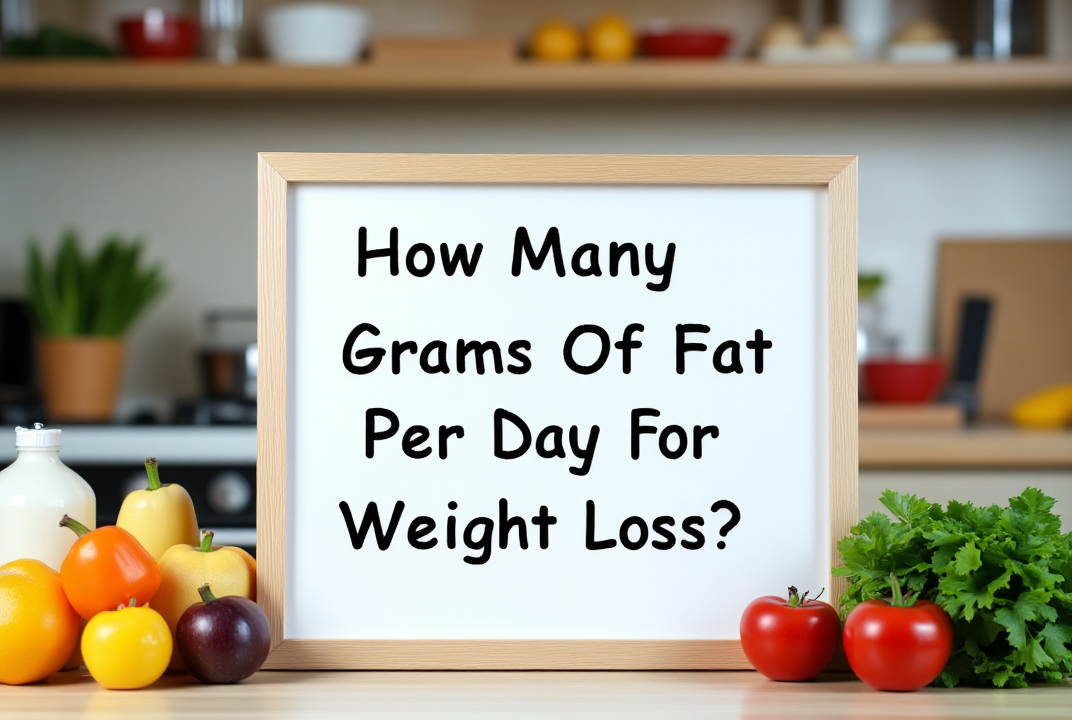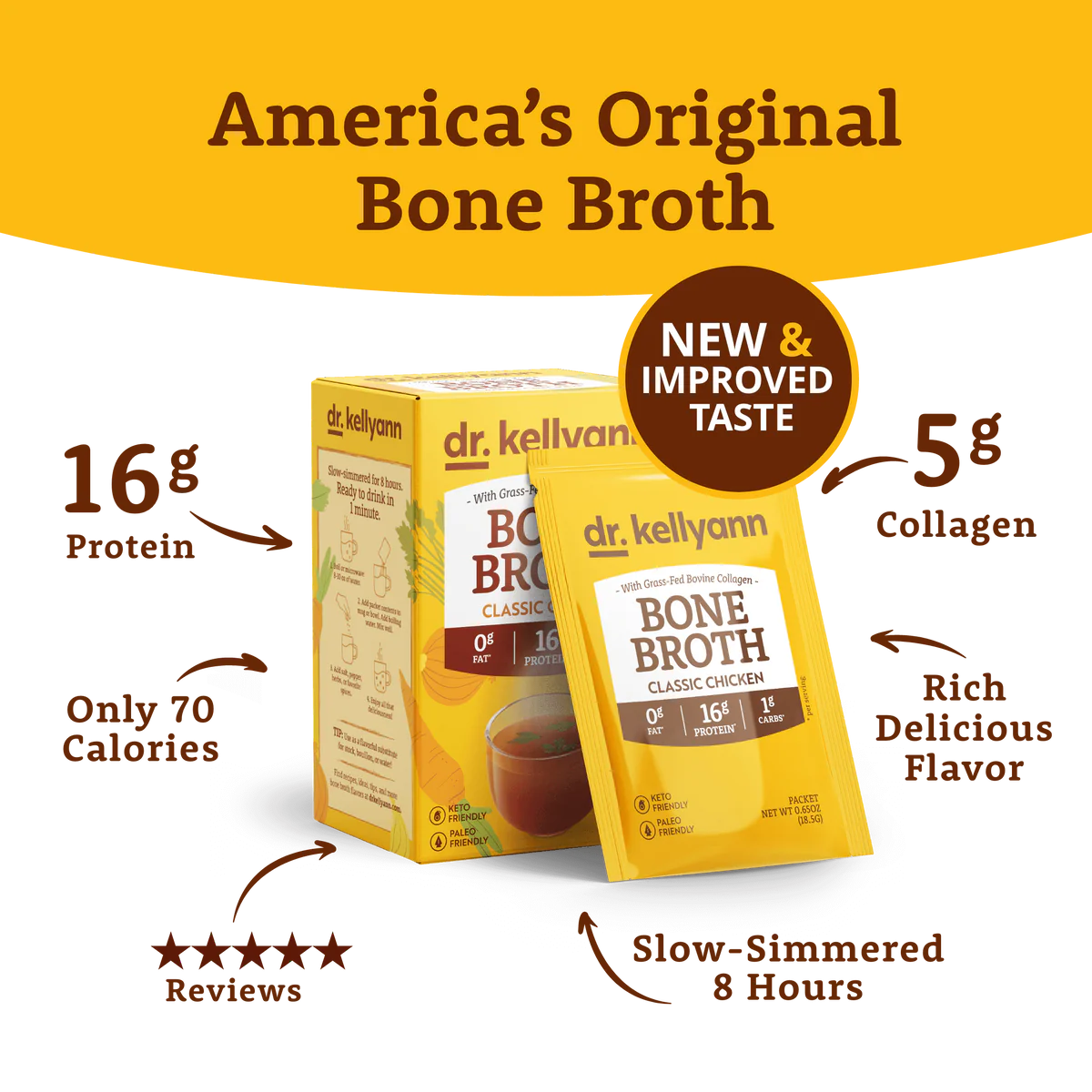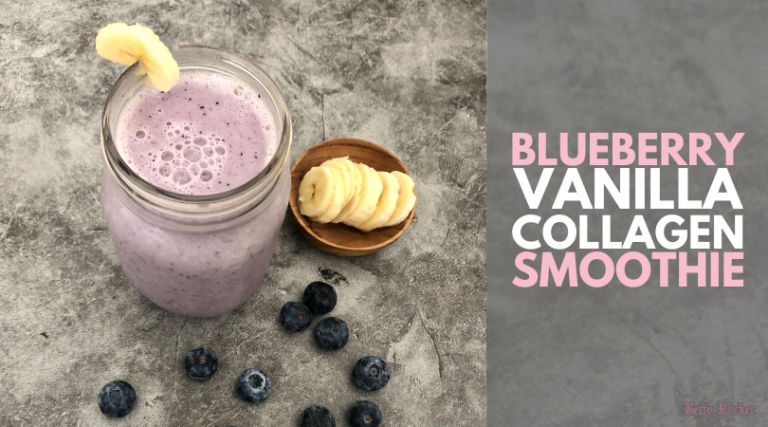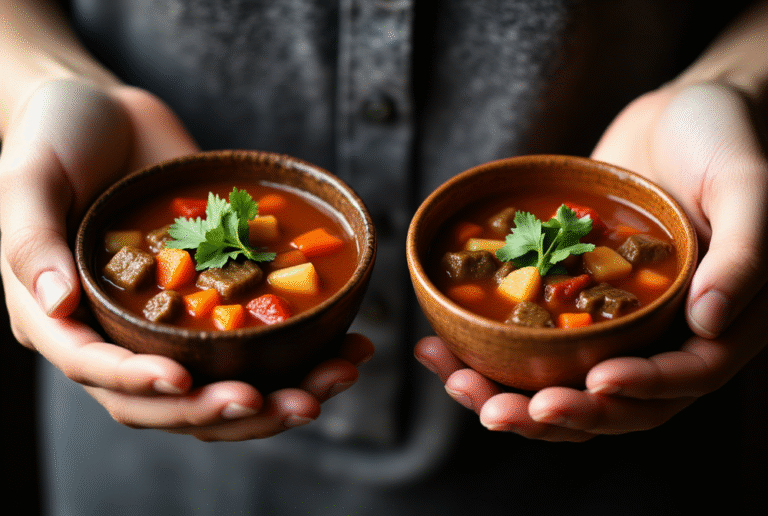
Fat has long been misunderstood in the world of dieting, leaving many people confused about how much they should actually consume to lose weight. Whether you’re counting macros, following a low-carb plan, or simply aiming for a healthier lifestyle, knowing the right daily fat intake is crucial. In this article, you’ll discover practical, science-based answers to the question: how many grams of fat per day for weight loss?
Why Is Fat Important In A Weight Loss Diet?
Fat is essential in a weight loss diet because it plays a vital role in hormone production, nutrient absorption, and satiety. Consuming healthy fats helps your body absorb fat-soluble vitamins like A, D, E, and K, supports brain function, and keeps your metabolism running efficiently. Including the right types and amounts of fat in your meals can also help you feel fuller for longer, reducing cravings and making it easier to stick to your calorie goals. Rather than eliminating fat, focusing on quality sources—such as avocados, nuts, seeds, and olive oil—can enhance both your health and your weight loss success.
What Role Does Fat Play in the Body?
- Energy Source: Fat provides a concentrated source of energy, fueling your body during both rest and activity.
- Nutrient Absorption: It enables the absorption of fat-soluble vitamins (A, D, E, and K), which are essential for overall health.
- Cell Structure: Fat is a key component of cell membranes, supporting cell integrity and function throughout the body.
- Hormone Production: It is crucial for the synthesis of hormones, including those that regulate metabolism and reproductive health.
- Insulation and Protection: Fat acts as insulation to help regulate body temperature and cushions vital organs against physical impact.
How Many Grams Of Fat Per Day For Weight Loss?
The optimal number of grams of fat per day for weight loss depends on your total calorie needs, activity level, and dietary preferences, but most experts recommend that 20–35% of your daily calories come from fat. For someone consuming 1,500 calories per day, this translates to about 33–58 grams of fat daily. Choosing healthy fats—such as those from avocados, nuts, seeds, and olive oil—can help you feel satisfied, support nutrient absorption, and maintain energy levels while you lose weight. Tracking your intake and adjusting as needed ensures you get enough fat to support your health without exceeding your calorie goals.

Daily Grams Based On Calorie Needs
|
Daily Calorie Intake |
20% of Calories from Fat |
25% of Calories from Fat |
30% of Calories from Fat |
35% of Calories from Fat |
|
1,200 |
27 grams |
33 grams |
40 grams |
47 grams |
|
1,500 |
33 grams |
42 grams |
50 grams |
58 grams |
|
1,800 |
40 grams |
50 grams |
60 grams |
70 grams |
|
2,000 |
44 grams |
56 grams |
67 grams |
78 grams |
|
2,500 |
56 grams |
69 grams |
83 grams |
97 grams |
Note: 1 gram of fat = 9 calories. Calculations are rounded to the nearest whole number.
What Types of Fat Should You Focus On?
Monounsaturated Fats
Monounsaturated fats are considered heart-healthy and are found in foods like olive oil, avocados, almonds, and peanuts. These fats can help lower bad cholesterol levels and reduce the risk of heart disease, making them an excellent choice for anyone aiming to lose weight while supporting overall health.
Polyunsaturated Fats
Polyunsaturated fats include essential omega-3 and omega-6 fatty acids, which your body cannot produce on its own. Foods rich in polyunsaturated fats include fatty fish (such as salmon and sardines), flaxseeds, chia seeds, and walnuts. These fats play a crucial role in brain function, inflammation reduction, and cardiovascular health.
Omega-3 Fatty Acids
Omega-3 fatty acids are a specific type of polyunsaturated fat with powerful anti-inflammatory properties. They are especially abundant in fatty fish, walnuts, and flaxseeds. Including omega-3s in your diet can help protect your heart, support brain health, and may even enhance weight loss efforts.
Natural Fats from Whole Foods
Fats that occur naturally in whole foods, such as eggs, seeds, nuts, and dairy, can be part of a balanced diet when consumed in moderation. These sources provide a mix of healthy fats along with important nutrients, making them a smart addition to your meals.
Limit Saturated and Avoid Trans Fats
While small amounts of saturated fat from whole foods like dairy and meat can fit into a healthy diet, it’s important to limit your intake of processed foods high in saturated and trans fats. Trans fats, often found in packaged snacks and baked goods, are linked to increased risk of heart disease and should be avoided whenever possible.
Are Saturated Fats Good Fats?
Saturated fats have long been debated in the nutrition world, but current research suggests that while they are not inherently “bad,” they should be consumed in moderation. Found in foods like red meat, butter, cheese, and coconut oil, saturated fats can raise LDL (bad) cholesterol levels if eaten in excess, potentially increasing the risk of heart disease. However, small amounts from whole food sources can be part of a balanced diet, especially when the majority of your fat intake comes from healthier unsaturated fats. The key is to prioritize variety and moderation, focusing on nutrient-dense foods while limiting processed sources of saturated fat.
What Fats Should Be Avoided?
- Trans Fats: Found in partially hydrogenated oils, processed snacks, and baked goods, trans fats raise bad cholesterol and lower good cholesterol, significantly increasing heart disease risk.
- Highly Processed Vegetable Oils: Oils like soybean, corn, and cottonseed oil are often heavily processed and can contain unhealthy trans fats or omega-6 fatty acids in excess, which may promote inflammation.
- Artificial Shortening: Used in some commercial baked goods and fried foods, artificial shortening is high in trans fats and should be avoided for heart health.
- Deep-Fried Fast Foods: Foods fried in unhealthy oils at high temperatures can absorb trans fats and degraded fats, making them detrimental to your health.
- Packaged and Processed Foods: Many packaged snacks, crackers, and microwave meals contain hidden unhealthy fats, including trans fats and excess saturated fats, which can undermine weight loss and overall wellness.
Are Dietary Fats Okay?
Yes, dietary fats are not only okay but essential for overall health and effective weight loss. They provide energy, support cell growth, help your body absorb vital fat-soluble vitamins, and play a key role in hormone production. The important distinction is to focus on the type and amount of fat you consume—prioritizing healthy unsaturated fats from sources like olive oil, nuts, seeds, and fatty fish, while limiting saturated fats and avoiding trans fats. Including the right fats in your diet can enhance satiety, support metabolic health, and make your meals more satisfying, all of which contribute to sustainable weight loss and long-term well-being.
Tips For Consuming Fat For Weight Loss
- Choose Healthy Fat Sources: Prioritize unsaturated fats from foods like avocados, nuts, seeds, olive oil, and fatty fish to support heart health and weight loss.
- Watch Portion Sizes: Even healthy fats are calorie-dense, so measure portions to avoid overeating and stay within your daily calorie goals.
- Balance Your Plate: Pair fats with lean proteins and fiber-rich vegetables to increase satiety and create balanced, satisfying meals.
- Limit Processed and Fried Foods: Reduce intake of processed snacks and fried foods, which often contain unhealthy trans fats and excess calories.
- Track Your Intake: Use a food diary or nutrition app to monitor your fat consumption and ensure you’re meeting your weight loss targets without going overboard.
Conclusion
Understanding how many grams of fat per day to consume for weight loss empowers you to make informed, confident choices that support both your health and your goals. By focusing on healthy fat sources, personalizing your intake based on your calorie needs, and practicing mindful portion control, you can enjoy satisfying meals while effectively shedding pounds. Remember, fat is not the enemy—when chosen wisely and consumed in the right amounts, it plays a crucial role in nutrient absorption, hormone balance, and long-term well-being. Embrace a balanced approach, and let healthy fats be a valuable ally on your weight loss journey.
Final Thoughts
Curious about how to incorporate more nutrient-dense foods into your weight loss plan? Dr. Kellyann’s premium offerings provide chicken, beef, and french onion bone broths, all loaded with collagen and free from GMOs and sugar. These broths make it simple to support your recovery and overall wellness. Visit Dr. Kellyann’s collection to find the perfect addition to your healthy lifestyle.
Sources
- https://www.mayoclinic.org/healthy-lifestyle/nutrition-and-healthy-eating/in-depth/fat/art-20045550
- https://www.healthline.com/nutrition/saturated-fat
- https://www.atkins.com/how-it-works/library/articles/why-is-fat-important





